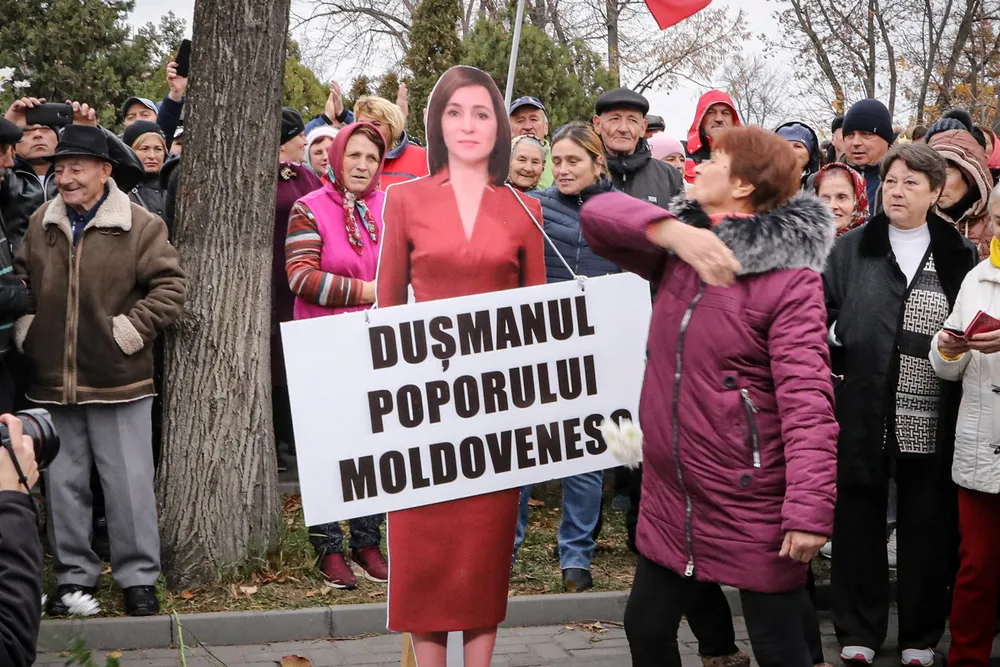Gazprom backs down on Moldova gas cut threat
Russian gas giant to keep the country on high alert as tensions rise between Moldova and pro-Russian breakaway region

Russian gas giant to keep the country on high alert as tensions rise between Moldova and pro-Russian breakaway region
